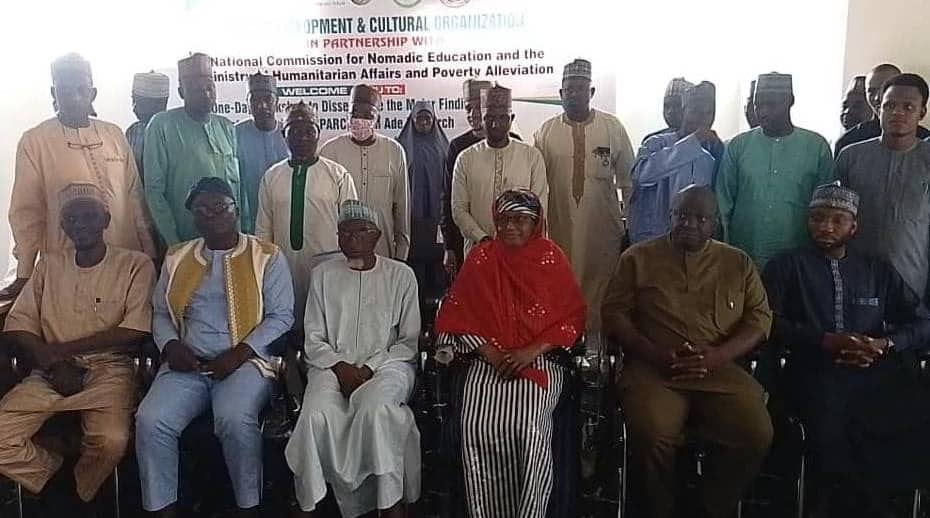Adamu Yusuf
The Fulbe Development and Cultural Organization (FUDECO) in collaboration with Supporting Pastoralism and Agriculture in Recurrent and Protected Crises (SPARC) has called for urgent reforms to enhance the welfare and resilience of pastoralist communities in Kaduna State.
The call was made in a communiqué jointly signed by the Chairperson of FUDECO Kaduna State Chapter, Dr. Nafisatu Dahiru Muhammad, and the Chairman of the Communiqué Committee, Bashir Muhammad Abbo, during a research dissemination workshop held at the headquarters of the National Commission for Nomadic Education in Kaduna.
Nigeria: FUDECO Organizes Maiden National Pulaaku Day
According to the communiqué, a research conducted in Hayin Ade, located in Kubau Local Government Area, revealed that pastoralist communities are grappling with serious challenges, including land disputes, water scarcity, and limited access to healthcare, education, and security.
Following the presentation of the findings, participants outlined six key recommendations aimed at improving conditions in Hayin Ade and other pastoralist settlements across the state.
They called for increased government presence in pastoralist communities, especially in the areas of basic education, healthcare, security, and youth empowerment.
They also recommended the promotion of climate-smart grazing practices through strengthened agricultural extension services.
The communiqué urged state and local governments to protect stock routes, develop grazing areas, and invest in water supply infrastructure to ease tensions during the dry season
It emphasized the importance of consistent dispute resolution mechanisms and advocated the creation of local mediation committees alongside legal literacy campaigns to help pastoralists understand their rights.
The influx of displaced populations into Hayin Ade was cited as a growing concern, prompting calls for a structured resettlement plan to prevent overpopulation and strain on local resources.
FG Partners UNESCO, NESG to Review National Cultural Policy
Stakeholders further stressed the need to improve market infrastructure and animal healthcare services, including the provision of free livestock vaccinations.
The workshop concluded with a joint resolve to implement the recommendations through collaborative action involving government agencies, NGOs, traditional rulers, and community-based organizations.





